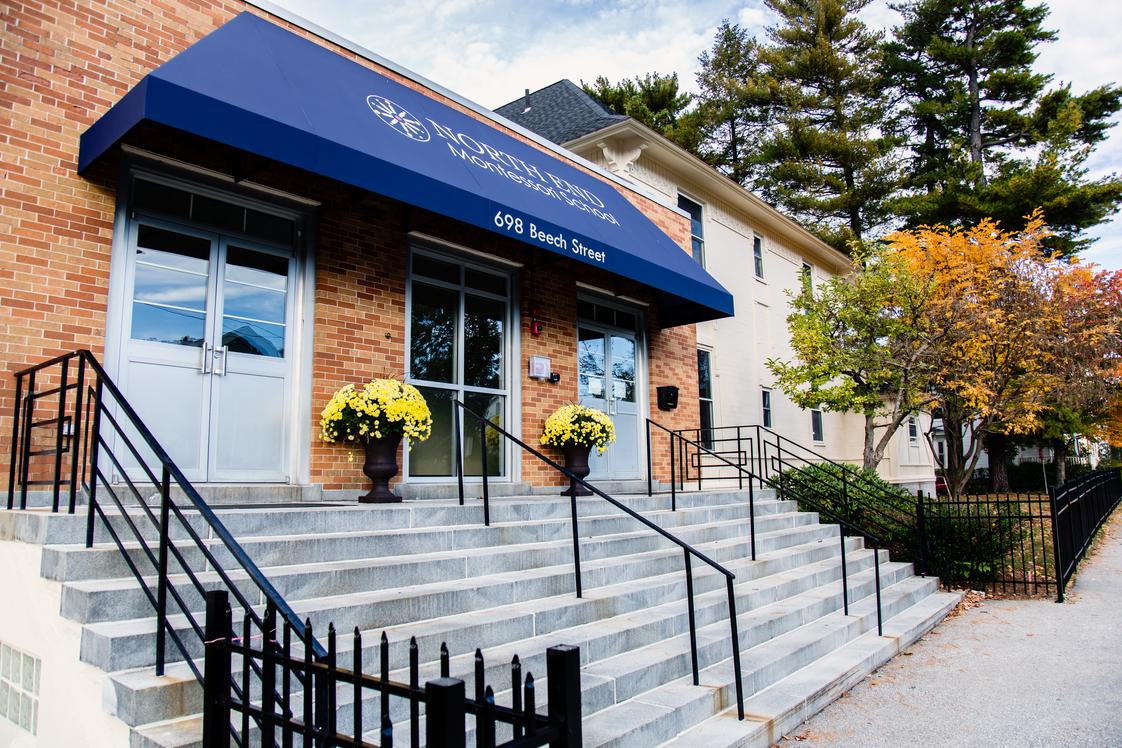The Montessori approach to early childhood education is known for its unique, child-centered methodology that encourages creativity, independence and a life-long love of learning. This comprehensive guide explores the benefits of Montessori daycare, Montessori kindergarten, Montessori preschool as well as Montessori elementary school, highlighting how each stage contributes to the holistic development of children.
Montessori Daycare is a place to nurture independence From the Beginning
Montessori daycare programs seek to increase independence and build confidence among children with the youngest learning needs. These programs provide a safe atmosphere that is stimulating and where children as young as toddlers and infants can explore and learn at their own pace. In a Montessori-style daycare children are encouraged and encouraged to engage their senses and build motor skills using toys that are age-appropriate and hands-on.

Teachers in Montessori daycares lead the children, rather than being traditional instructors. This helps create critical thinking and an individuality in children. In Montessori daycares the children are encouraged to pour water, spoon beans and button clothing. These activities help develop functional and fine motor skills.
Montessori Kindergarten: Foundations for Lifelong Learning
When children enter Montessori kindergarten, the emphasis shifts slightly towards more structured academic learning however, they are still encouraged to be independent and self-directed activities. The Montessori kindergarten curriculum is rich and varied and includes mathematics, language study, cultural studies, and practical life skills.
One of the key elements of Montessori kindergarten is the mixed-age class, in which children of different ages are taught together. This arrangement allows younger children learn from their older peers and for older students to build on the concepts they are already familiar with. This learning model for peers helps develop the social skills of children and creates a sense of community within the classroom.
Montessori kindergarten is an active environment that focuses on practical learning. Math might be taught by manipulatives such as rods and beads which help children grasp abstract concepts in a physical way. Similarly, language development is stimulated by storytelling, games of phonetics and writing exercises.
Montessori Preschool: Encouraging Curiosity and Exploration
Montessori preschools are built on the basic principles of daycare and Kindergarten. They are focused on exploration, curiosity and the love of learning. The preschool is designed to be engaging as well as educational and enjoyable. It provides educational materials and programs that are tailored to the age range between 3 and 6 years young children.
The children in a Montessori pre-school can pick the things they’d like to participate in and can work at their pace. This freedom helps children create a sense of accountability and to develop intrinsic motivation. The preschool curriculum is based on practical tasks, activities that stimulate the senses such as math, language and studies in culture.
Practical life exercises like cooking, cleaning, and gardening, are a cornerstone of Montessori preschool education. These activities are designed to teach children life skills, as well as improve their coordination, concentration along with independence, as well as other important skills. Sensory activities, on the contrary, are designed to enhance the brain’s development and the five senses.
Montessori Elementary School: Preparing Children for Academic Success and Beyond
Montessori elementary school is a continuation of the philosophy of child centered education with an increased emphasis on academic subjects, while fostering the whole child. The curriculum is integrated into other subjects of studies, so that students are able to see how they are interconnected.
Elementary students at the Montessori school engage in in-depth research projects, collaboration learning, and hands-on experiments. The classroom promotes an open mind with tools that can be used by any level of ability and interest.
The Montessori method of elementary education places a strong focus on “cosmic” education that helps children understand their place in the world and how everything is interconnected. This method helps develop an awareness of the responsibility that they have towards the natural world and others, preparing students to be mindful, educated global citizens. Visit Montessori Elementary School
The Montessori approach to early learning is distinctive in the way it supports the child’s development right from daycare through elementary school. Montessori education provides children with the skills they need to succeed in life. It accomplishes this by encouraging independence, curiosity, enthusiasm for learning, and a love of learning.

